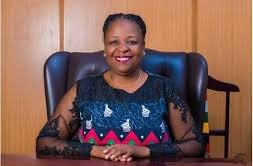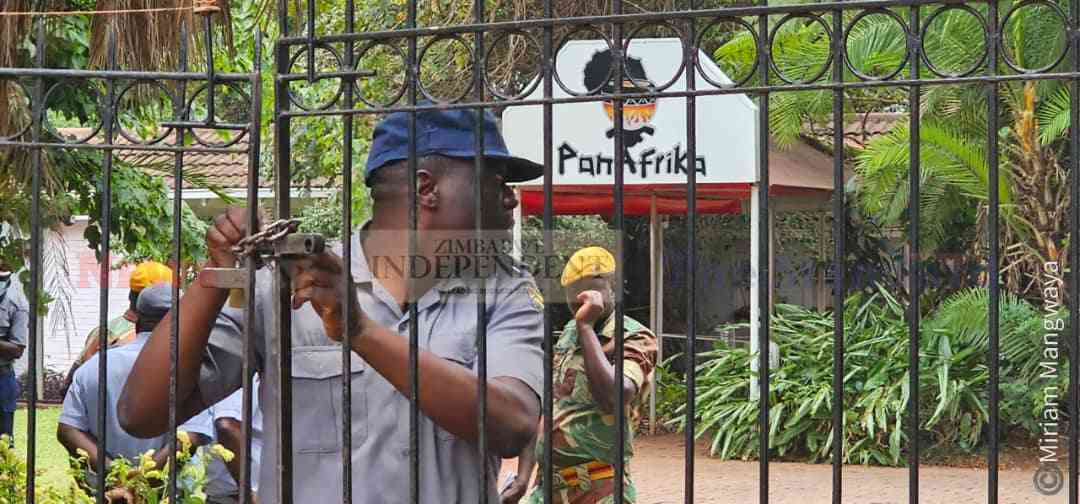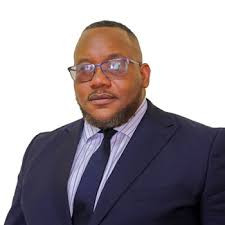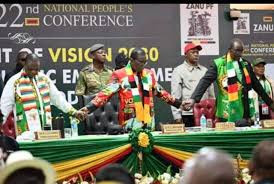
BULAWAYO-BASED YFM Community Radio has accused the Broadcasting Authority of Zimbabwe (BAZ) of shutting out special interest groups after its latest call for licence applications was limited to only four specific geographic areas.
YFM spokesperson Denis Ngwenga argued that the framework for the new licences is “restrictive, discriminatory and contrary to commitments made by government officials and Parliament”.
The recent BAZ invitation only sought applications from the geographic communities of Tate, Mangoni, Gokwe and Chivi.
“They specifically said they are taking applications from those areas,” Ngwenga said.
“That means they only want applications from those places and it is not okay, because they ignored special interest groups.”
He argued that a “community” is not defined solely by location, but also by shared values, needs and identities, such as youth, cultural and minority groups.
YFM argued that the Broadcasting Services Act (BSA), particularly section 10, unfairly disadvantages aspiring broadcasters.
The section empowers BAZ to initiate the application process, instead of allowing qualified communities to apply any time.
- Drummer moves in to nurture young talent
- Drummer moves in to nurture young talent
- Why newly-licensed radio stations face bleak future
- Why newly-licensed radio stations face bleak future
Keep Reading
“As long as a community qualifies, it should be allowed to request a broadcasting licence,” Ngwenga indicated.
“But what is happening now is that BAZ dictates when and where people can apply.”
YFM petitioned Parliament in 2021, calling for the recognition of special interest groups.
While the Information minister later acknowledged that BAZ should make at least two calls for applications each year, YFM said no such calls were made until August this year.
“We have raised these issues over and over, but nothing has been implemented,” Ngwenga lamented.
He revealed that the station wrote to Parliament, the Zimbabwe Media Commission, BAZ and the Information ministry.
YFM director Philani Ncube said the exclusion of Bulawayo and other special interest communities contradicted past assurances made by the Information deputy minister.
“We petitioned them . . . and the deputy minister promised that they would look into it. But the law still stands. Nothing has changed,” Ncube said.
“Denying Bulawayo an opportunity undermines fairness and inclusivity. Let the independence of broadcasting be enjoyed by everybody in the country, not just a few.”










